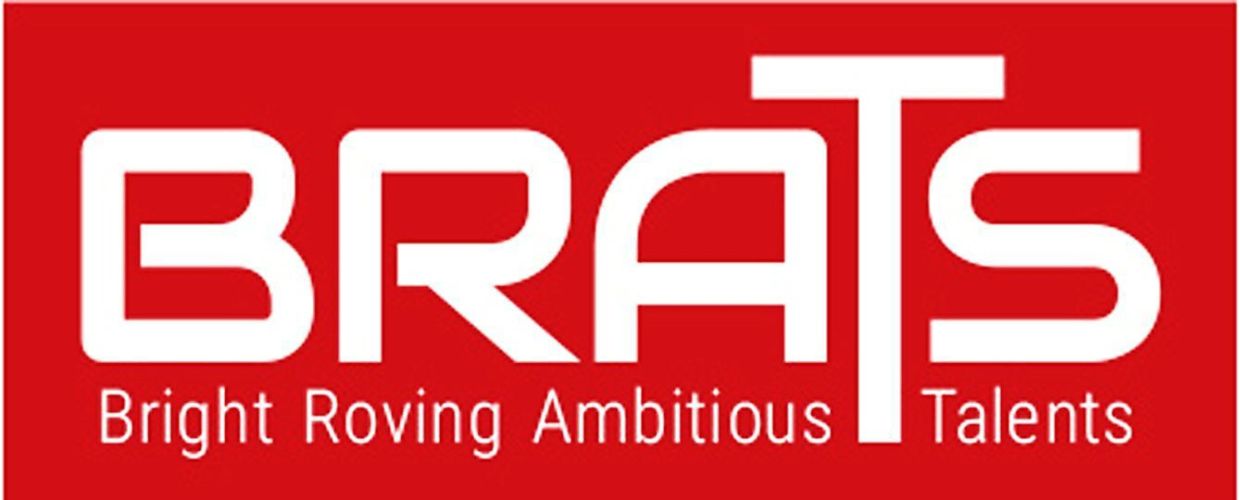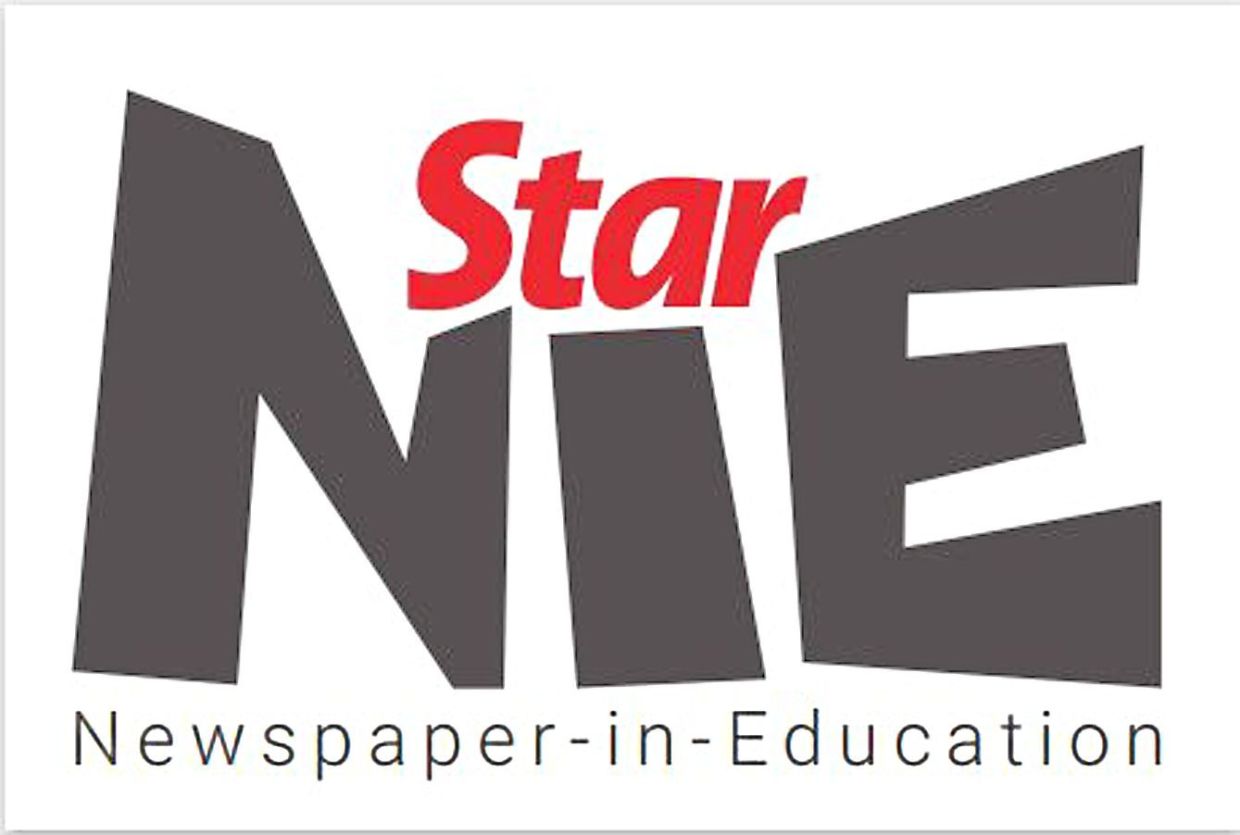New sponsorship model linking loan repayment to academic performance offers freedom, but students want tweaks
STUDENTS say the new merit-based sponsorship model recently introduced by the Public Services Department (JPA) gives them more control over their future, but they are calling for improved measures to ensure fairness.
Under the new model, called PBU Akademik, JPA-sponsored students in the pre-service training programme – excluding those in medicine, dentistry and pharmacy – will benefit from reduced loan repayment rates based on their final cumulative grade point average (CGPA).
In addition, repayment exemption will be granted to students who secure employment in the public sector aligned with their qualifications.
This marks a departure from the previous 2016 service placement merit-based convertible loan scheme (PBU 2016), where repayment exemption or reduction was based on the students’ employment sector.
The change, announced on April 28, took effect on June 1 for all new JPA-sponsored students, excluding scholarship recipients.
Existing students under PBU 2016 – such as Welda Eliana Jimmy, Nur Amal Hamimi Mohamad Yadi and Mohamad Naufal Shaheer, all aged 23 and set to graduate next year – will have the option to switch to the new model in stages beginning Jan 1.
Welda, who hails from Sabah, said the announcement was a relief.
“I was unsure whether I should go into government service or explore the private sector. But now, I have more freedom to choose, without worrying about repayment,” she told StarEdu.
She added that although she had already aimed for good grades, there’s now even more incentive to do well.
Nur Amal Hamimi, from Sarawak, expressed a preference for the new system “right away”.
“You have more control over your grades than your job placements. It feels more student-friendly,” she said.
She also shared that she and her friends are putting in extra effort to maintain high grades and reduce future repayment amounts.
Meanwhile, Mohamad Naufal Shaheer, from Kedah, said the PBU Akademik felt like a big change.
“I’m nervous but also grateful. The job market isn’t stable, and not everyone gets into government jobs straightaway. This gives students more realistic options.
“It definitely pushes me to study harder. Your CGPA affects not just your future career but your financial obligations too,” he said.
He, however, raised concerns that basing repayment reductions on academic performance may add pressure.
“Some students might feel suffocated – like there’s no room for mistakes because everything rides on your CGPA,” he said.
Nur Amal Hamimi also raised concerns about fairness of applying a single CGPA benchmark across diverse academic disciplines.
“Courses like engineering and law are harder and have stricter grading. Students in these fields may be more hardworking but still end up paying more just because it’s harder to score high.
“Maybe JPA can adjust repayment rates based on course difficulty,” she said.
Mohamad Naufal Shaheer suggested setting different CGPA benchmarks for different fields.
“It’s not fair to expect the same CGPA from every course,” he said.
While acknowledging that the new system might not affect all students equally, Welda said students were informed about the model before applying.
“They know what they’re getting into. It’s already aligned with JPA’s entry CGPA requirements – 3.0 for engineering, 3.3 for others,” she said.
On the repayment exemption for those accepted into civil service, Mohamad Naufal Shaheer said it is a practical incentive.
“It definitely makes the public sector more attractive to students who want a clear repayment path or job stability,” he said.
Welda, while unsure of her future direction, is open to contributing to the civil service.
“It’s only for a certain number of years, and it’s a good experience,” she said
Nur Amal Hamimi, on the other hand, emphasised personal growth and job satisfaction.
“The full exemption is a big plus, but I would still consider factors like salary and opportunities,” she said.
The JPA, in a statement issued on April 28, said students obtaining a CGPA of 3.75 to 4.00 will repay only 5% of their loans, while those with a CGPA between 3.50 and 3.74 will pay 10%.
“Repayment rates are set at 15% for a CGPA between 3.00 and 3.49, and 20% for those with a CGPA below 3.00 or who take longer to complete their studies.
“Students who score below a 3.00 CGPA or fail will be required to repay the full loan amount,” the statement read.
Students pursuing medicine, dentistry and pharmacy will receive full loan exemption if they successfully complete their studies and fulfil their government service contract, JPA said.
“For students who completed their studies and are currently repaying loans under the old scheme, they are instructed to pause payments starting June 1, until the option to switch is available,” it added.
Under the previous PBU 2016 scheme, students were exempted from repayment if they served in the public sector or required to repay 25% if employed by a government-linked company, 50% if working in a private company within the country, or the full loan amount if they worked abroad.
Fiona, 22, a student in Sarawak, is a participant of the BRATs Young Journalist Programme run by The Star’s Newspaper-in-Education (Star-NiE) team. For updates on the BRATs programme, go to facebook.com/niebrats.
With the theme of the article in mind, carry out the following English language activities.
1 Prepare three statements based on the article. Have your activity partner decide whether each statement is true or false. Then, correct any false statements together.
2 Do you think other study loan providers should consider introducing similar repayment schemes based on academic performance? Why or why not? Discuss your opinions with your classmates.
The Star’s Newspaper-in-Education (Star-NiE) programme promotes English language learning in primary and secondary schools nationwide. For Star-NiE enquiries, email starnie@thestar.com.my.








